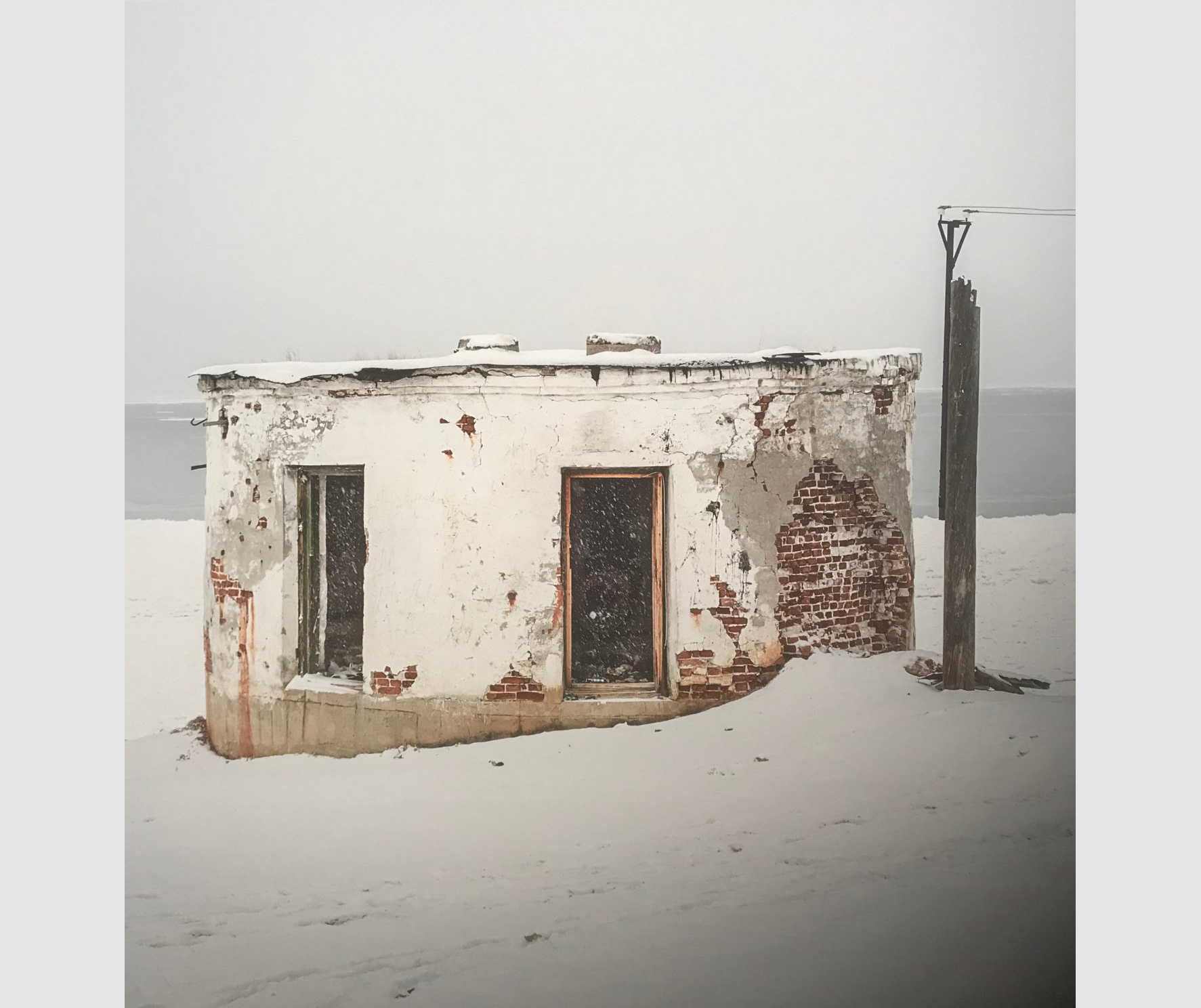Dalla vasta letteratura di viaggio nella guerra ho scelto 3 libri di soldati in Russia e Ucraina, e vi dico perché
La guerra è una delle madri del viaggio: da Rigoni Stern in Russia ai soldati tedeschi autori di lettere dal fronte mai pervenute, ecco la letteratura su un viaggio da cui non si ritorna mai.






